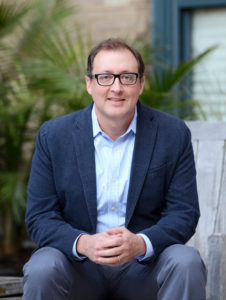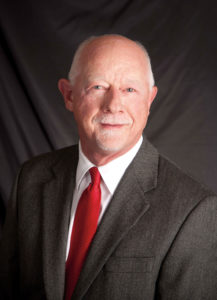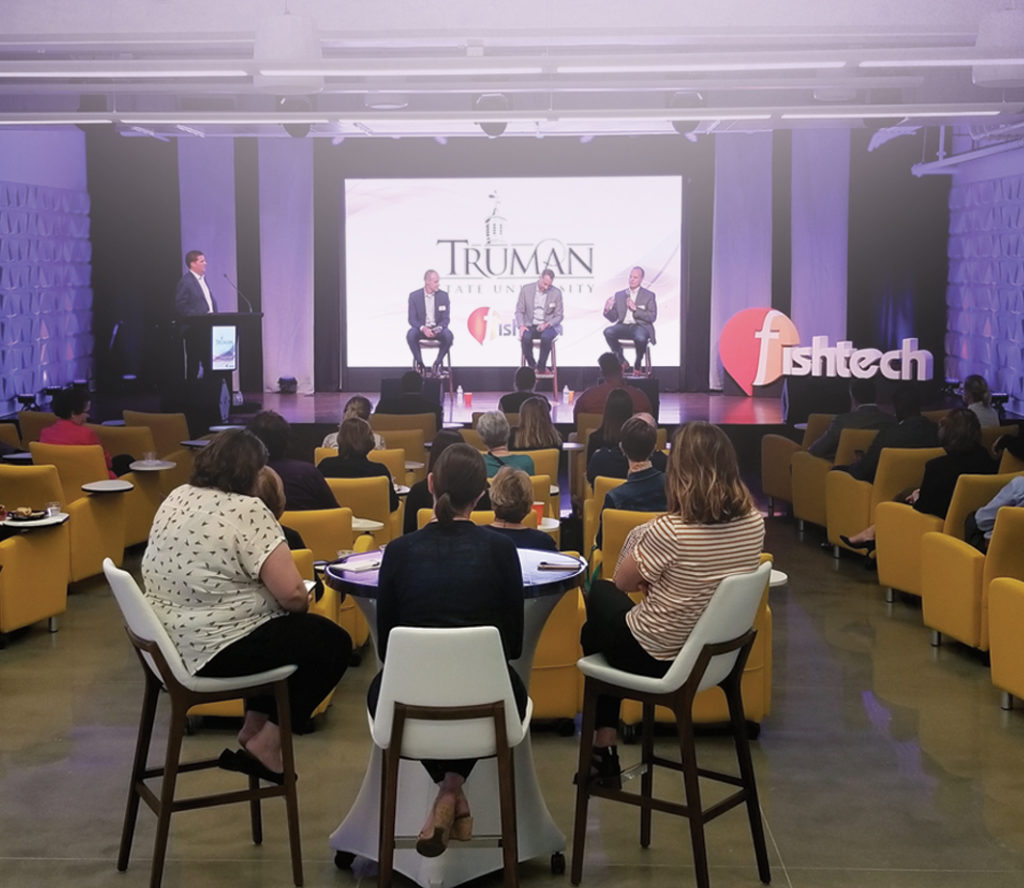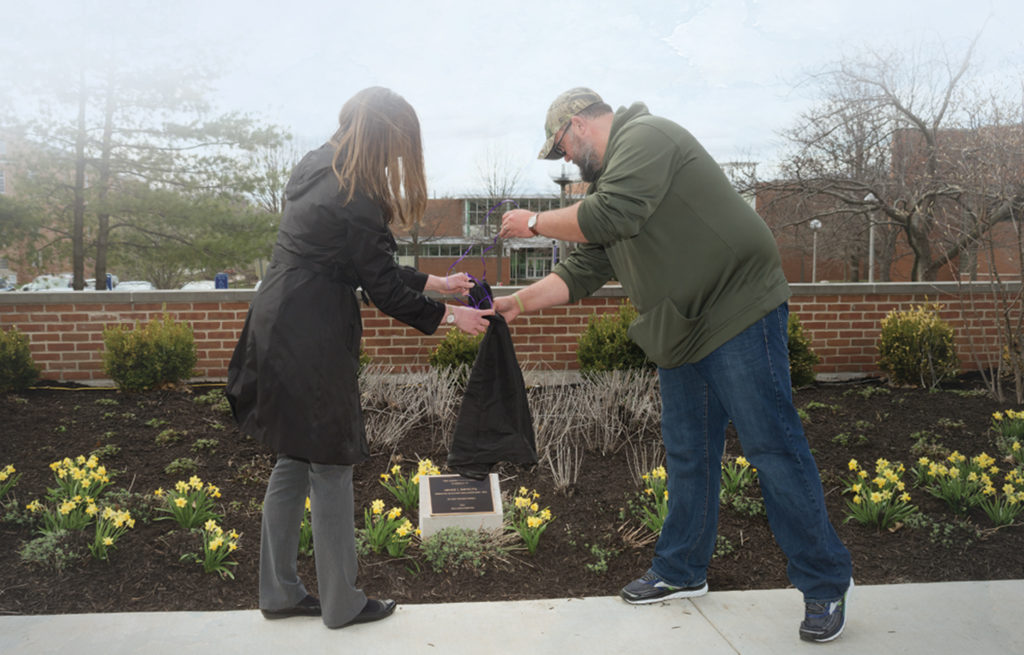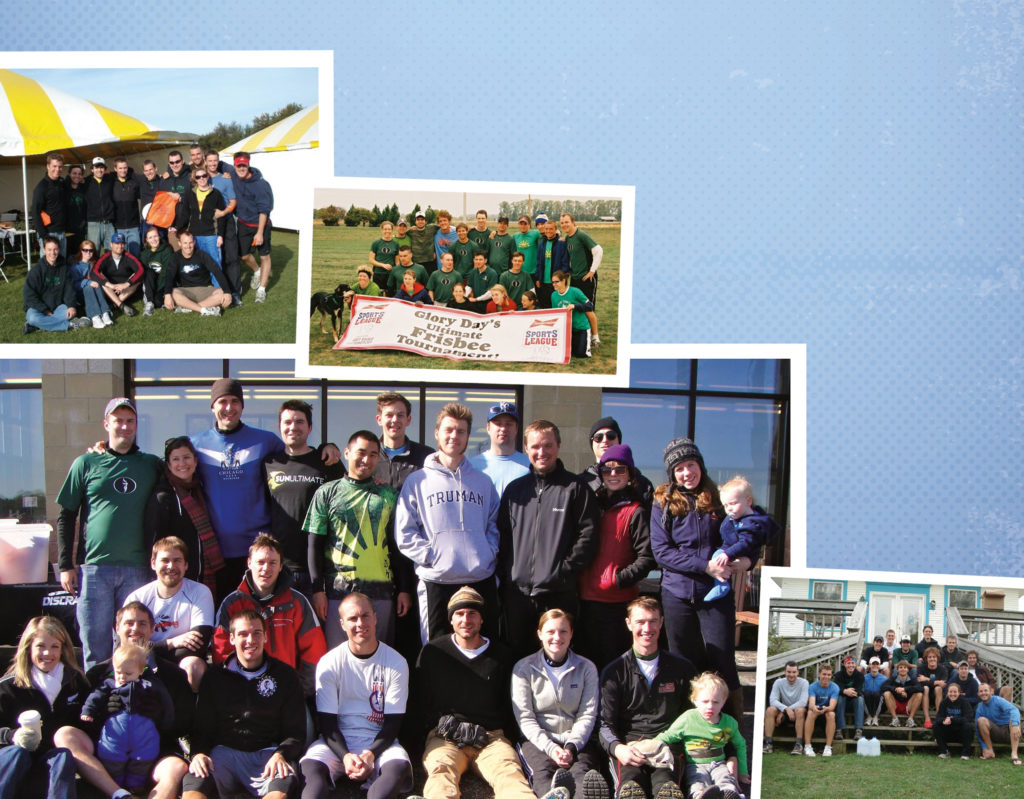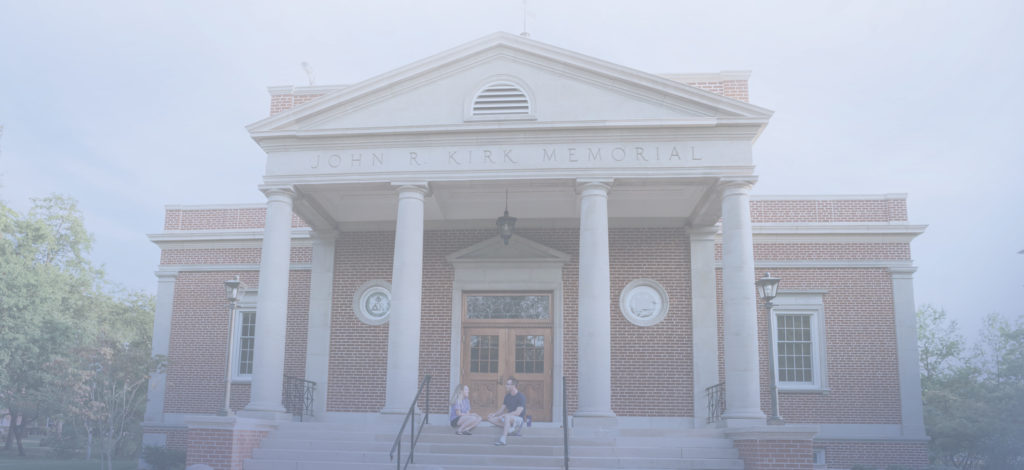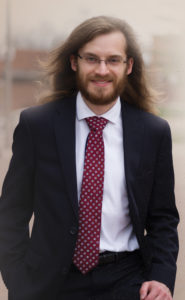Like most students, Doug Villhard (’94) went to college to “get a job.” He and his wife Diane (Certa) (’95) had that idea reaffirmed over and over before they graduated. They were at school to learn the skills to get a job. No one will ever argue that is a bad thing, but Doug and Diane have another option they offer to their own four children as they prepare for their futures: start a business and create jobs.
Since graduating with a degree in journalism, Doug has gone on to have success in a variety of fields. He runs one company with his brother, and he started several others.
“I personally think a journalism major is the best undergraduate liberal arts major, hands down, ever created,” Doug said. “You learn to communicate simplistically. You learn to ask questions. You learn to listen. You have to have a general knowledge of many subject areas and types of people. You have to be continually inquisitive.”
A trait common among successful entrepreneurs is a penchant for promotion, so it should come as no surprise one of Doug’s most successful ventures is a technology company he founded in 2007. Based in St. Louis, Second Street is an audience engagement software platform used by media companies to run contests and interactive content on their websites. The hope is to help traditional media outlets create revenue and find their place in the digital world, and Doug has a noble view of the work his company does.
“As a journalism major and First Amendment proponent, it is important to us that there continues to be a local journalist at every local government meeting to maintain a check and balance,” he said. “In part, Second Street helps local media companies to continue to afford to provide that essential coverage.”
Currently, Second Street works with more than 3,000 newspaper, television and radio stations throughout North America and Europe. The company is hardly Doug’s initial foray into the business world.
“Rarely does an entrepreneur’s first idea pan out,” he said. “It took us several businesses and several failures before we got it right. Starting a business is easy. Having it be successful is hard.”
Despite early failures, Doug seems to have cracked the code to entrepreneurial success. Another prosperous venture of his is Villhard Growth Partners. This firm buys and invests in various enterprises, primarily those specializing in business and health care services. Although Doug ultimately has a hand in helping upstart firms, he sees a value for himself beyond the financial.
“I learn more from the companies I invest in than I contribute,” he said. “As humans we become too insular sometimes. Seeing how other businesses are run is the best education possible if you ask me.”
When it comes to business knowledge, Doug is interested in disseminating as much as he is acquiring. He was the driving force behind Truman’s Bulldog B.I.T.E. pitch competition, and Villhard Growth Partners has been a sponsor in all three years of its existence. He has a few reasons why he chose to give back to the University through a pitch competition. Primarily, he wants students to know creating a business is as viable of an option as going to work for someone else, and a young person’s lack of finances is actually liberating.
“When your net worth is zero, what do you have to lose?” he said. “Go for it. Give your business idea a shot.”
Alumni pride is another reason the Villhards maintain a relationship with Truman.
“Diane and I owe so much to the University,” he said. “It is our great pleasure to give back in any way that we can, and Truman has a great and unique advantage over all the other state schools. Our students are already super smart when they arrive. That you can’t teach. The rest we can.”
In addition to their support for Truman, the Villhards enjoy contributing to charitable endeavors in their hometown of Glen Carbon, Ill., and even founded a Catholic high school that in just its sixth year already enrolls hundreds of students. Or, as Doug calls them, “future entrepreneurs.”

